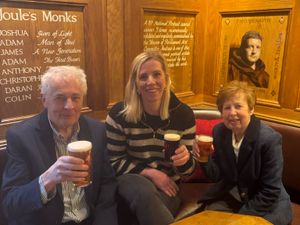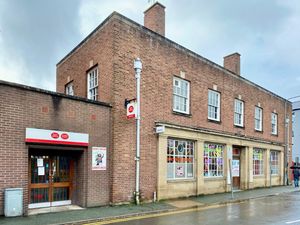Telford 3D printing company offers to make vital coronavirus ventilators
A 3D printing business in Telford has offered its resources to help make ventilators for coronavirus patients.
Ricoh 3D has contacted Make UK and the Government to confirm it is willing and able to support an increase in mass ventilator manufacturing.
The company said it can help by using its workforce and additive manufacturing to produce vital components for ventilators both quickly and cost-effectively.
It comes after a call from Health Secretary Matt Hancock for UK manufacturers to urgently work together to increase the number of the machines, which enable patients suffering severe symptoms to breath, available to the NHS.
Mr Hancock said the UK currently has 5,000 ventilators but needs many more times that number. He urged UK manufacturers to get involved in any way they could.
Mark Dickin, additive manufacturing & moulding engineering lead at Ricoh, said: “New ventilators are urgently required as the coronavirus crisis intensifies.
“Additive manufacturing will have a vital role to play in this as the technology is capable of producing bespoke parts quickly and cheaply.
Standby
“We have registered our willingness to help in any way. Our team of experts are on standby to design and produce any required parts at a moment’s notice.
“These are unprecedented times and businesses, as well as individuals, need to do everything possible to save lives.”
In Italy, a 3D printing company was able to supply a hospital with 100 respirator valves within 24 hours to connect patients to breathing machines.
The valves usually cost around £9,000 to produce but were made using 3D printing for less than £1 each.
Ricoh 3D has already been involved in medical projects.
These include development of a lever-hinge mechanism for ankle-foot orthotic services and involvement in new technology which sees limbs scanned and precisely replicated using 3D printing prior to operation.
Surgical instruments can also be produced using additive manufacturing and are typically used for intricate operations.





